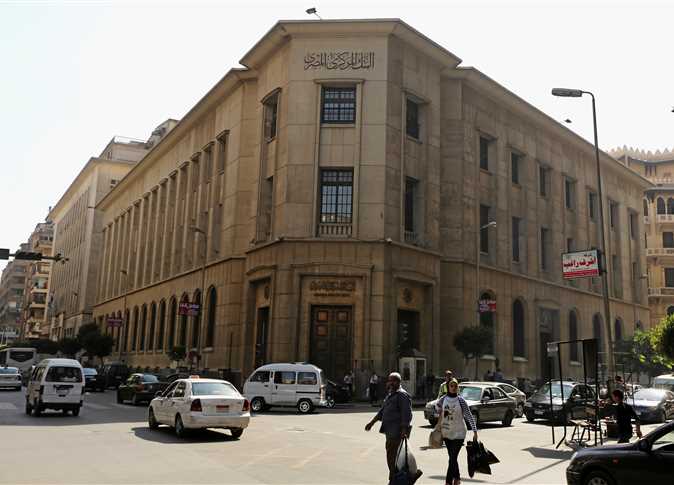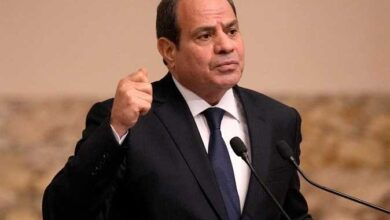
The Central Bank of Egypt on Thursday moved to fix the base interest rate at its eighth and final meeting during 2023, according to a statement from the Monetary Policy Committee
Accordingly, the deposit rate will be maintained at 19.25 percent with lending at 20.25 percent, while deposit and discount rates are maintained at 19.75 percent.
The bank raised the interest rate during the last 22 months by 11 percent on six occasions, including three percent during the current year on two occasions, two percent in March and one percent in August, with the aim of curbing accelerating inflation.
According to the CBE, the core inflation rate declined for the fifth time in a row – recording 35.9 percent in November.
How is the decision reflected in prices?
Economist Rashad Abdo explained that the best solution is to stabilize the interest rate, as stated by the CBE’s decision, as other scenarios of raising interest rates effect many areas that in turn impact the economic situation in Egypt.
Raising the interest rate would have brought a major crisis in investment and attracting investors to open new projects, he said, therefore the matter would reflect in the unemployment rate, while every year universities and institutes have new graduates.
Abdo said: “If the state does not produce new projects, we will be forced to import, which will raise the exchange rate of the dollar in the parallel markets, due to the private sector resorting to it, so the demand for it increases, and being sold at high prices, which is what goes back to increasing inflation, so the matter is always connected to each other.”
“Raising the interest rate would also have affected the state because it is the largest borrower in the country, so the meaning of stabilizing rates is good so far if inflation does not increase, as lower inflation will of course reduce prices.”
But what if the inflation rises?
In the event of rising inflation everything will be reversed, which will impact the prices of gold and the dollar as people would search for other tools to preserve the value of their money, he said.
Abdo explained the value of inflation controls, whether through if the stabilization will continue or the bank will be forced to raise interest over time, by issuing certificates and secondary deposits within the limits of no less than 24-26 percent.
This is necessary so that citizens do not withdraw their money from banks, thus being forced to issue exceptional certificates, he said.
Edited translation from Al-Masry Al-Youm




